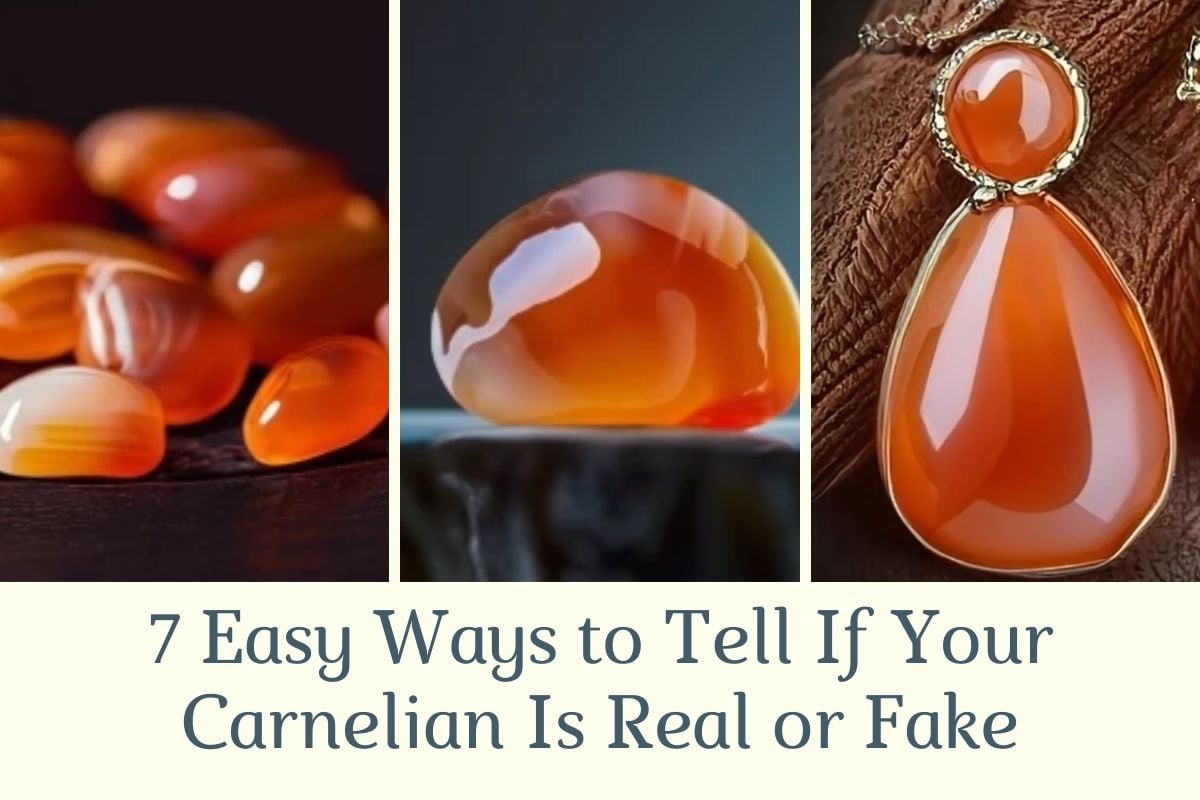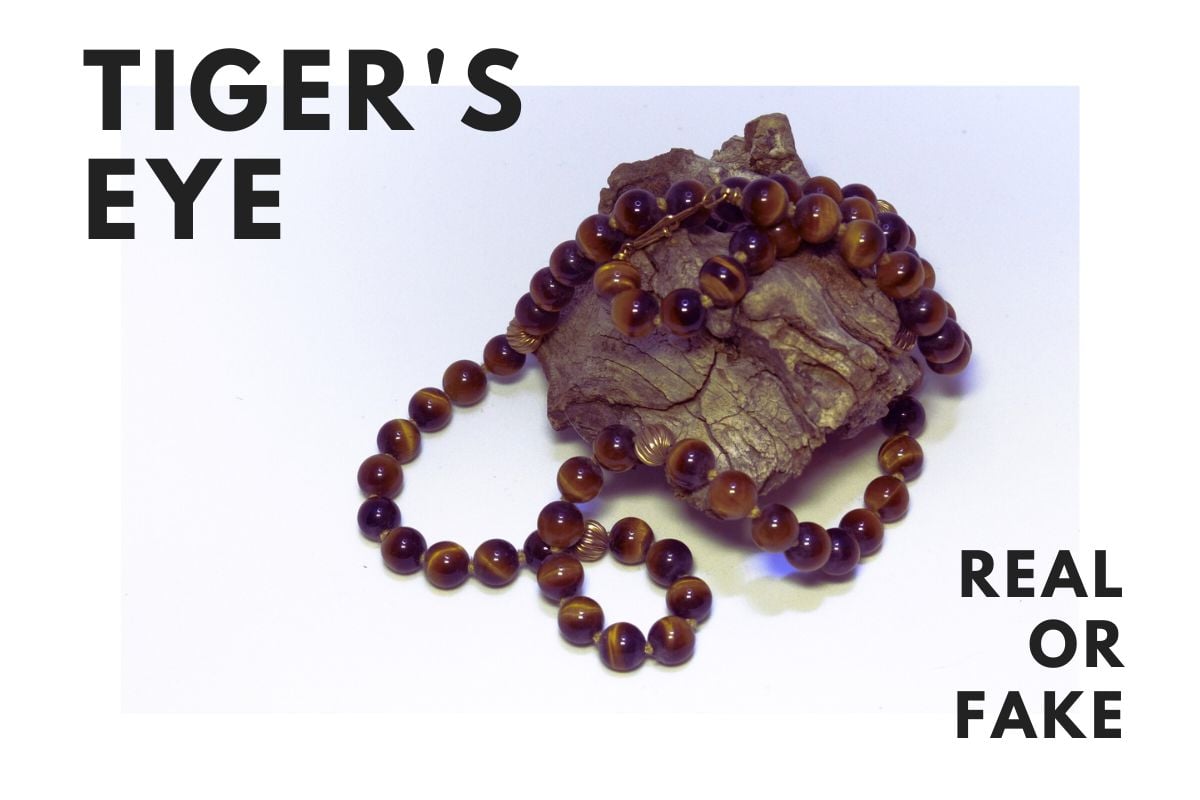Creating a homemade cleaning solution with hydrogen peroxide is probably the most liberating thing you can do right now is the time of COVID-19. Fortunately for us, hydrogen peroxide can work just as well as rubbing alcohol and bleach, and you’re going to be amazed by the sheer number of uses that this compound has for homemakers. However, do you know how long does it last? How to test if it is expired? Today, we will cover it.
Table of Contents
Does Hydrogen Peroxide Expire?
Hydrogen peroxide does eventually lose its potency. Be sure to completely use up your hydrogen peroxide within six months after breaking the seal.
Unopened and newly manufactured hydrogen peroxide can be stored for a maximum of three years.
How to test if the hydrogen peroxide is still potent?
It’s easy. Pour some in the sink. If it bubbles hard, then it can still be used for cleaning and disinfection.

As for expired hydrogen peroxide, could you not throw them away?
Expired hydrogen peroxide may be less effective, but it isn’t poisonous at all. We recommend just combining your old stock for cleaning. Even expired hydrogen peroxide still has some cleaning capacity to it. Don’t use expired hydrogen peroxide for disinfection, use new ones.
How does shelf life work with hydrogen peroxide?
Let’s assume that you opened a bottle of hydrogen peroxide. Upon opening, hydrogen peroxide will begin to ‘decay’ chemically. The rate of decay has been computed at about 0.5% every twelve months.
The more it is exposed to room air, the more it decays. Exposure to air speeds up the decay of hydrogen peroxide regardless of its concentration. Hydrogen peroxide decays and turns to plain water in some instances.
Why does hydrogen peroxide show bubbles when used?
Bubbling is normal for hydrogen peroxide. The bubbling does not have anything to do with the number of bacteria on a surface, though it does take care of pathogens quickly.
The bubbles signal the decomposition of hydrogen peroxide as oxygen is liberated from the solution. When hydrogen peroxide is applied even to a small wound, the iron in the blood can speed up the breakdown of hydrogen peroxide.
The iron in human blood serves as a catalyst that increases the rate of breakdown. Peroxide is produced by the body, too. However, it is broken down into non-harmful compounds because, like peroxide, it is dangerous inside the body.
Does hydrogen peroxide cause damage to healthy cells and tissues?
Yes, it does. It does a little damage to healthy tissues and cells; the way rubbing alcohol also causes damage. The disinfection of damaged skin, we must remove traces of harmful pathogens that can cause even more problems.
So if you are using hydrogen peroxide for disinfecting wounds, be sure to wash the area first before applying a small quantity of hydrogen peroxide to the skin. Pure 3% hydrogen peroxide is effective in kill bacteria, molds, fungi, and even viruses upon contact.
Using a Hydrogen Peroxide Formula for Cleaning
Hydrogen peroxide can be used for a variety of cleaning purposes. Both low-concentration and high-concentration variants can be used for cleaning. You can use hydrogen peroxide pure or combine it in a 1:1 or 1:2 ratio (using US cups as a reference).
Which is more effective for disinfecting concrete surfaces?
Whenever possible, use pure hydrogen peroxide for cleaning and disinfecting surfaces. The household variety of hydrogen peroxide has a concentration of about either 7% or 3%. This concentration is sufficient for most household cleaning needs.
Professional stylists often use the higher concentration brands (30% to 35% concentration) for lightening hair.
However, in terms of stability, lower concentration brands are more stable. The higher concentration brands tend to be less stable, and they degrade much more quickly once exposed to air.
Household hydrogen peroxide can be stored for six months.
Higher concentration brands can only be kept (if opened) for a maximum of 45 days. If you open the bottle frequently, reduce the storage time to 30 days.
How to clean using hydrogen peroxide?
For general cleaning purposes
If you have never used a cleansing agent like hydrogen peroxide before to clean, it’s easy to do so.
For general cleaning purposes, we recommend adding a cup of 3% or 7% hydrogen peroxide to a maximum of one gallon of clean water. Use this for wiping, mopping, and cleaning up surfaces.
Cleaning ≠ Disinfection
This ratio is not appropriate for disinfection.
For disinfection purposes

Disinfect cutting board ratio : 1 cup of hydrogen peroxide :1 one cup of water
If you want to disinfect cutting boards and other kitchenware, we recommend mixing one cup of hydrogen peroxide with one cup of water. The less water you use in the formulation, the more effective the solution would be in the end.
Be sure to allow the mixture to coat the surface of what you are trying to disinfect. Leave the object as it is for about 20 minutes. Rinse and dry afterward.
Hydrogen peroxide is also useful for cleaning other surfaces that may have spores, bacteria, mold, fungi, and mildew. Use the same ratio for the solution. This time, add the solution to a spray bottle and apply directly to the affect surfaces. Allow the solution to just stand for 20 minutes or so then scrub away.
If you want the scrubbing to be more active, use baking soda. Just sprinkle the baking soda on the scrubber or sponge before removing the remaining grime on the surface.
Can hydrogen peroxide used to brighten porcelain surface?
Yes. Hydrogen peroxide can also be used for brightening porcelain and ceramic surfaces. A 3% solution is all you need to remove the patina on old porcelain. Feel free to use white vinegar and, of course, double-acting baking powder or baking soda for added strength.
Do not combine hydrogen peroxide with bleach, as this is a toxic combination that is unsafe for humans.
Can hydrogen peroxide used to clear bathroom scum and residues?
Yes. Hydrogen peroxide is also useful in clearing the shower and toilet of general bathroom scum and residues. We know that these residues accumulate over time, so a weekly cleaning with the right cleaning agents is essential. Be sure to always use the right ratios for more effective cleaning over time.
Can You Use Hydrogen Peroxide to Clean Jewelry?
Yes. Homemade jewelry cleaner hydrogen peroxide is excellent to clean jewelry. It can be used to remove tarnish and verdigris from different kinds of jewelry.



